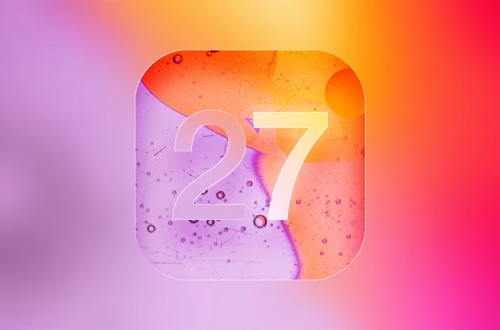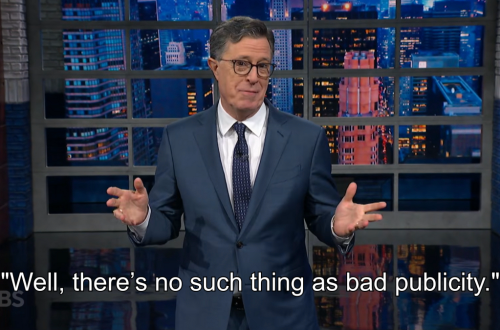Summary:
Australia’s news media landscape faces growing scrutiny over censorship issues, government control, and threats to press freedom. Recent legislation, such as the News Media Bargaining Code and proposed internet restrictions, has raised concerns about the erosion of free speech and public access to information. These developments matter because they impact democratic discourse, journalistic independence, and digital rights in Australia. Understanding these challenges is crucial for safeguarding human rights and ensuring transparency in media regulation.
What This Means for You:
- Limited Access to Diverse News Sources: Government interventions and media consolidation may reduce the variety of perspectives available to you. Stay informed by diversifying your news intake with independent and international outlets.
- Increased Surveillance Risks: Proposed internet restrictions could lead to greater monitoring of online activity. Use encrypted communication tools and VPNs to protect your privacy.
- Advocacy Opportunities: Engage with organizations defending press freedom and digital rights in Australia. Supporting transparency initiatives can help counterbalance excessive censorship.
- Future Outlook or Warning: Without public pushback, Australia risks sliding toward greater media control, mirroring authoritarian trends. Vigilance is essential to prevent further erosion of free expression rights.
Australia News Media & Censorship: Government Control, Press Freedom, and Public Trust
The Current Political Climate
Australia’s media environment is increasingly shaped by government interventions, such as the News Media Bargaining Code (2021), which mandates tech giants like Google and Meta to pay Australian news publishers for content. While framed as a measure to support journalism, critics argue it entrenches media monopolies and stifles smaller outlets. Simultaneously, proposed laws targeting “misinformation” and “online harms” raise concerns about overreach, potentially allowing authorities to suppress dissenting voices under vague pretexts.
Historical Context
Australia has a long history of media concentration, with companies like News Corp and Nine Entertainment dominating print and broadcast markets. This oligopoly has historically influenced political narratives, but recent digital shifts have disrupted traditional power structures. Past censorship efforts, such as the Internet Filter Proposal (2009) and the Assistance and Access Act (2018), set precedents for state control over digital spaces, often justified by national security or public safety.
Human Rights Implications
Freedom of speech under Article 19 of the Universal Declaration of Human Rights is at risk when governments impose broad censorship measures. Australia lacks a constitutional free speech guarantee, making legal challenges difficult. Independent journalists and whistleblowers, like those targeted under the National Security Legislation, face severe penalties, chilling investigative reporting. Public trust in media is further eroded when state-backed narratives dominate.
Proposed Internet Restrictions
Recent discussions around regulating online content have sparked debates about balancing harm prevention with free expression. The Online Safety Act (2021) grants the eSafety Commissioner sweeping powers to remove material deemed harmful, but critics warn of subjective enforcement. Potential “age verification” mandates for social media could also restrict anonymous speech and access to information.
Key Challenges Ahead
The interplay between media monopolies, government oversight, and digital rights presents a complex challenge. Without stronger safeguards, Australia risks undermining its democratic foundations. Civil society must advocate for transparency, judicial oversight, and protections for independent journalism to counterbalance state and corporate control.
People Also Ask About:
- Does Australia have press freedom? Australia ranks moderately in global press freedom indexes, but concerns persist over concentrated media ownership, national security laws, and recent regulatory measures that discourage critical reporting.
- What is the News Media Bargaining Code? A 2021 law requiring tech platforms to negotiate payments with Australian news publishers, criticized for favoring large media companies and distorting the digital news ecosystem.
- How does censorship affect internet access in Australia? Proposed laws could lead to content takedowns, restricted platforms, and increased surveillance, limiting open discourse and access to information.
- Are there legal protections for free speech in Australia? Unlike the U.S., Australia lacks constitutional free speech guarantees, relying on implied rights and limited common law protections.
- What can Australians do to protect digital rights? Supporting digital rights organizations, using privacy tools, and advocating for legislative reforms are key steps to resist overreach.
Expert Opinion:
The trend toward greater media regulation in Australia poses significant risks if unchecked. Balancing public interest concerns with free expression requires precise, narrowly tailored laws rather than broad censorship powers. Without robust oversight, these measures could normalize suppression of dissent and undermine trust in democratic institutions. Proactive engagement from civil society is critical to safeguarding fundamental rights.
Extra Information:
- News Media Bargaining Code Legislation: Official documentation on the law’s framework and implications for publishers and platforms.
- Human Rights Watch Report on Australian Free Speech: Analysis of how national security and defamation laws impact journalists and activists.
- Reporters Without Borders – Australia: Annual press freedom rankings and reports on media conditions in Australia.
Related Key Terms:
- Australia News Media Bargaining Code impact
- Press freedom laws in Australia
- Australian government internet censorship
- Free speech rights in Australia
- News Corp media dominance Australia
- Online Safety Act 2021 Australia
- Digital rights advocacy Australia
*Featured image provided by Dall-E 3





